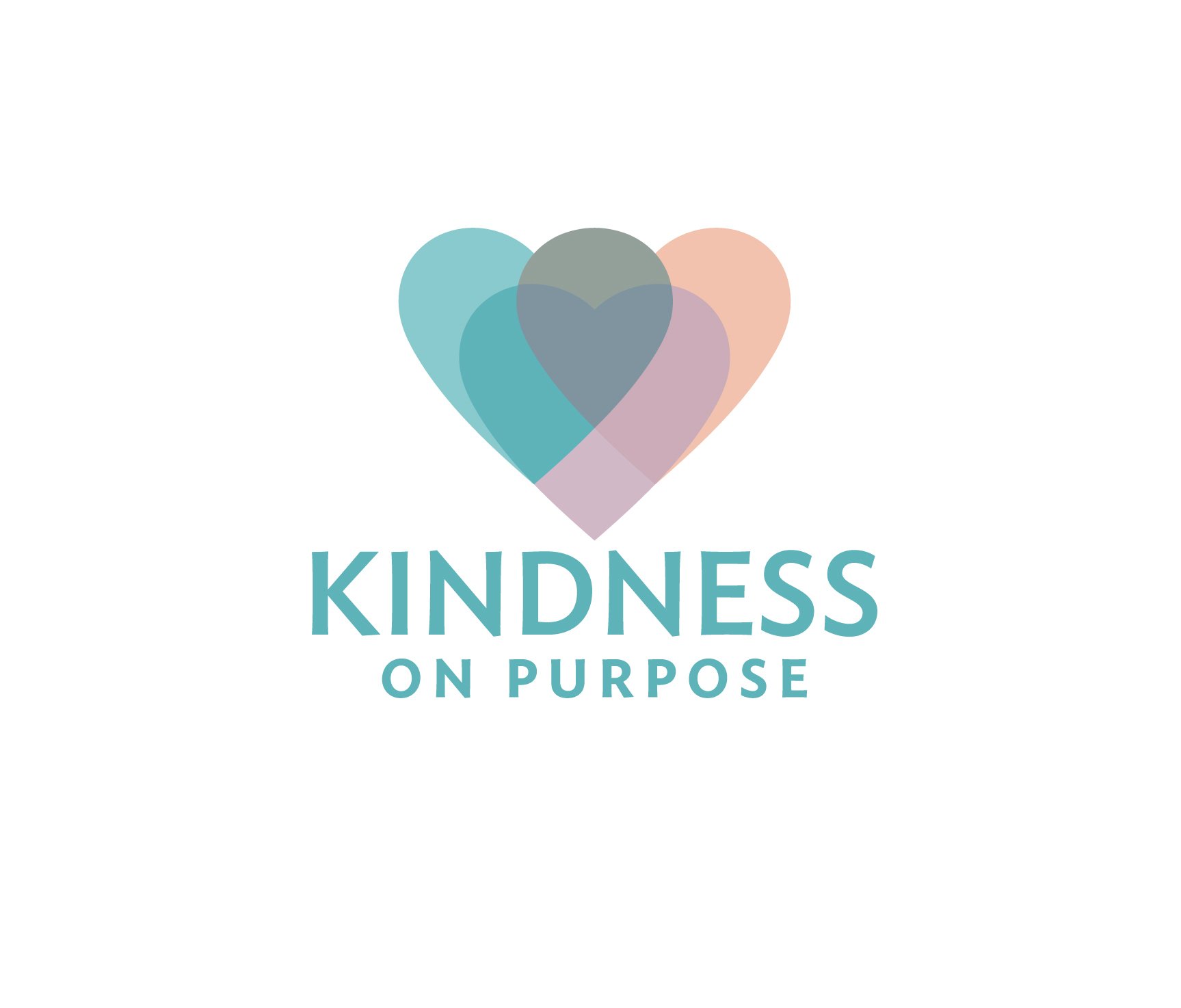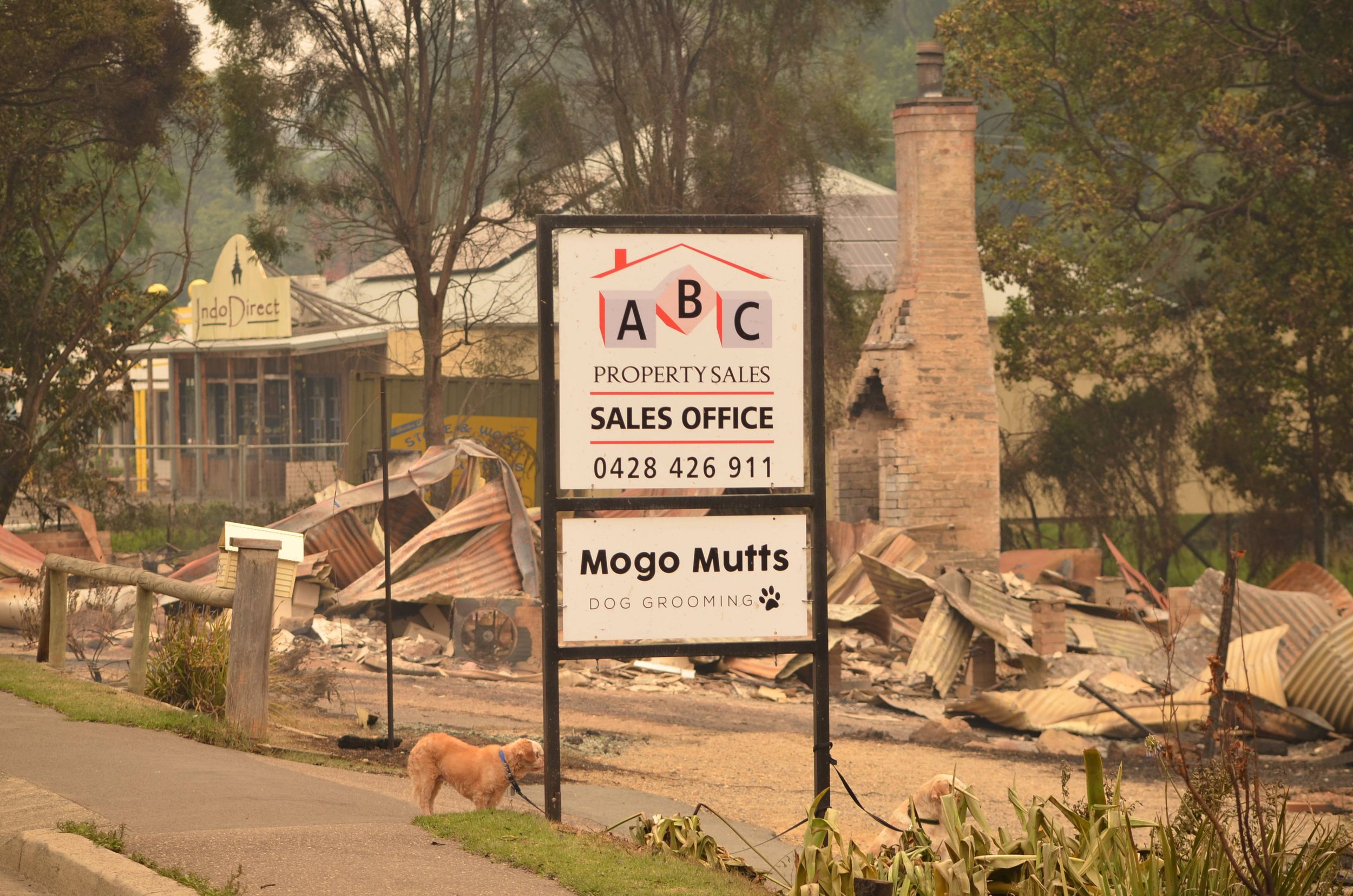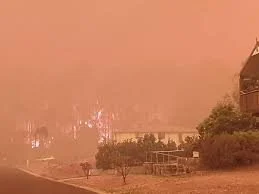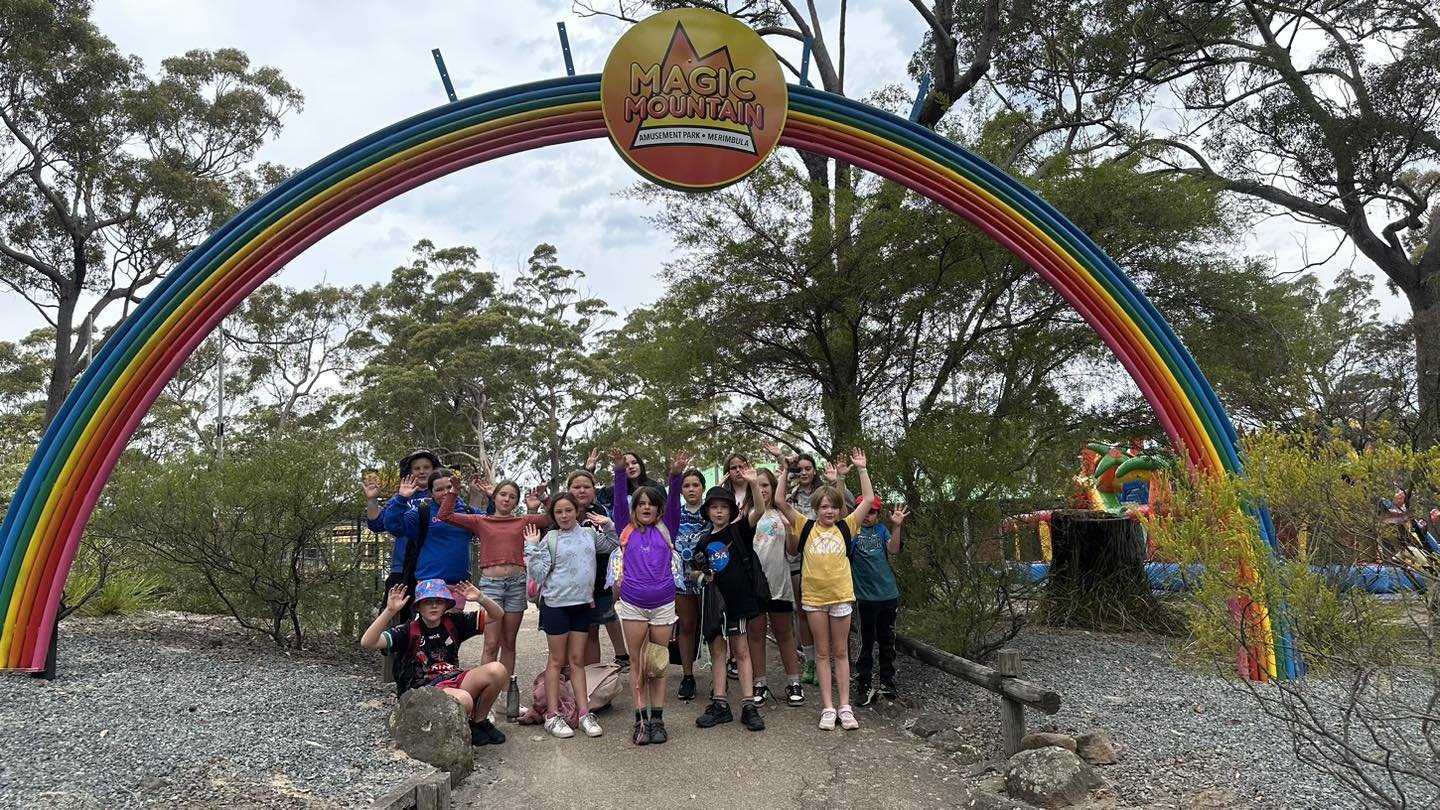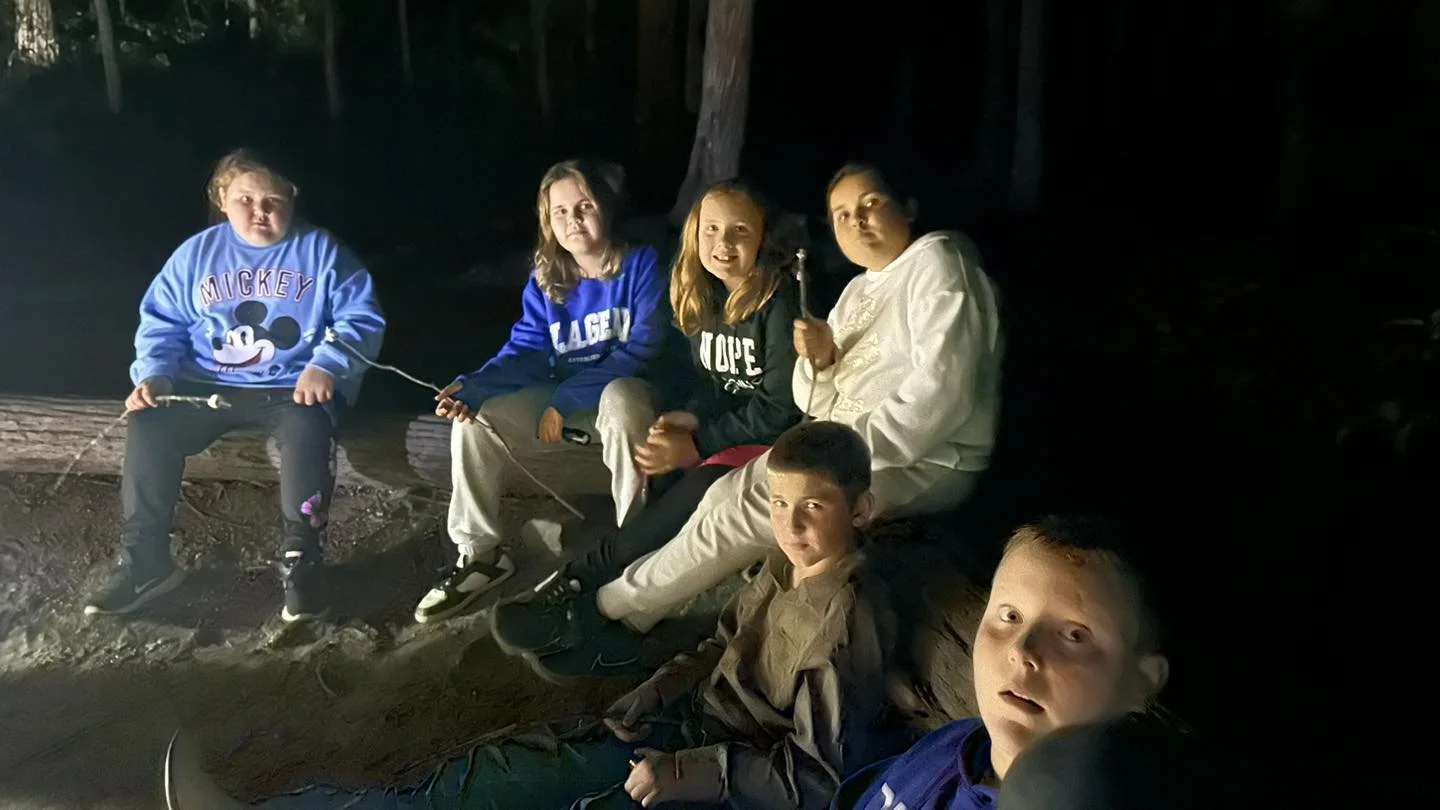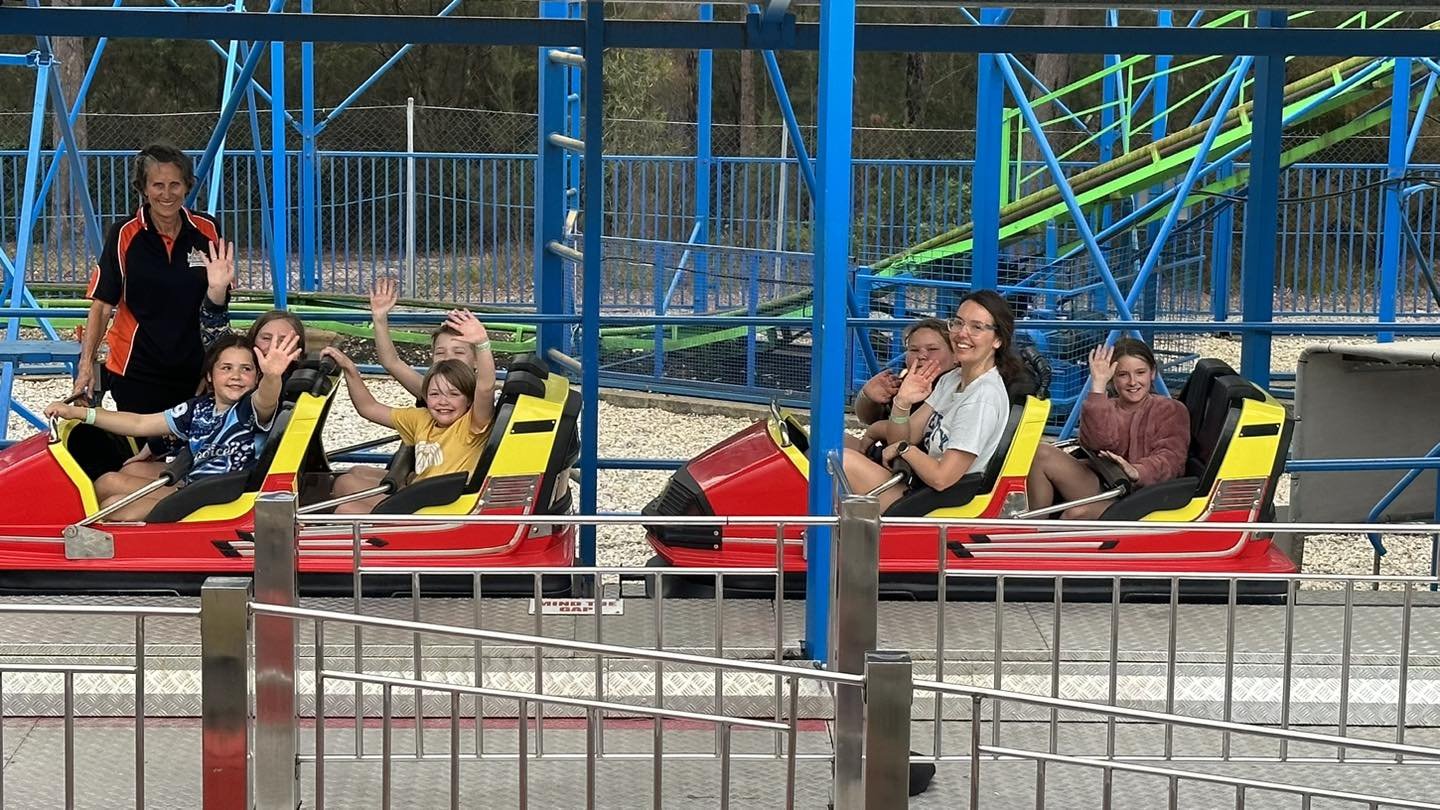Supporting Families Affected by the Long-lasting Effects of the 2020 Australian Bushfires: Life brings funds on time for the families who really need the help.
Image credit: Bay Post Moruya Examiner
The 2020 Bushfires that ravaged Australia were some of the worst fires Australia had ever seen. The word ‘unprecedented ‘became prevalent in all media interviews, and the world watched in shock. Those fires burnt 46 million acres, destroyed at least 3500 homes and thousands of other buildings were lost. Tragically 34 people lost their lives in the thousands of fires that burnt in 2020.
Whole communities were affected. Families lost their homes, their livelihoods and were forced into a reality where life as they knew it was forever changed.
Literally as the last of the smoke started to lift across Australia, a new threat entered their lives. The COVID pandemic began with the first restrictions being implemented in March, 2020.
As the world went into lockdown those families from the fire affected communities were forced into an even more formidable situation. Not only did they just loose their home and their community and in many instances their livelihoods; they were forced to try to protect their families from the health, financial and social impact of a global pandemic.
In that small window of time between January, 2020 and March 2020; there were several Kindness On Purpose schools who wanted to help. Kindness Cash For Kids School to School Fundraiser was born and thanks to the contribution, kindness and care of students from so many schools, $3823.25 was raised.
Image credit: The Guardian.
By the time the fundraising was just completed at the end of March 2020; the COVID lockdowns had begun. The world went into survival mode and my own personal life was unravelling. I was hit with debilitating PTSD (symptoms became much more severe) from all of the 25 + years working with severe child abuse matters and the forensic system. My brain gave out and at the same time my marriage ended.
As my mental health plummeted; I essentially became a functioning, yet quite unwell person. To anyone who did not know me before I looked okay. Going about my day-to-day life, dedicated to my beloved vocation and being the best mother I could be.
What I was able to achieve was just a mere fraction of my prior level of functioning and some things just fell away. Other tasks just sat where I had last left them, waiting for me to return and compete them. One of those was the allocation of those raised funds to families in a school community affected by the bushfires.
I took the job of finding the right school and families very seriously. And whilst I worried as time passed that I had not yet completed the task, I was always able to reassure myself that when I was well enough would be soon enough because sadly I knew that the families affected by those fires would need the help even more so in the years that followed.
My work with people and trauma over the past 30 years had shown me the way that trauma permeates and impacts people lives for years after the actual catastrophic event. I knew that beyond the physical destruction would be impact on families financially, emotionally, psychologically and upon relationships.
I also knew that the impact of mental health symptoms would be far reaching. Sadly, research is now supporting what I knew would be true as researchers look at the impact now in 2022 and 2023.
In late 2022, a comprehensive study[1] delved into the coping mechanisms, posttraumatic stress levels, and mental health symptoms of individuals who had been affected by the 2020 Australian bushfires. In late 2022 the study's participants, who had weathered the fury of these uncontrollable infernos, were still reporting a range of mental health symptoms that spoke volumes about the enduring trauma they are experiencing.
One of the standout findings of the study was that participants reported moderate symptoms of depression and stress. This revelation underscores the profound impact that natural disasters can have on the psyche. While the fires themselves may have been extinguished, the emotional turmoil they ignited still remained in the hearts and minds of those affected.
Perhaps the most alarming discovery was the severe levels of anxiety still experienced by the study participants. Anxiety is like a relentless storm that never seems to pass, and it can be particularly debilitating. The bushfires have left a lasting imprint on these individuals, causing them to grapple with persistent feelings of unease and apprehension.
In the wake of such a traumatic event, people often employ various coping mechanisms to deal with their emotions. The 2022 study found that participants used both approach and avoidance coping strategies. Approach coping involves confronting the stressor head-on, while avoidance coping involves trying to escape or distance oneself from the stressor.
The researched also found that the spectre of posttraumatic stress still looms large over the lives of the bushfire survivors. Many report experiencing intrusive thoughts, a hallmark symptom of this condition. Additionally, symptoms of avoidance and hyperarousal were also prevalent among the participants. Avoidance symptoms include steering clear of reminders of the traumatic event, while hyperarousal symptoms manifest as heightened sensitivity to potential threats, leading to exaggerated startle responses and difficulty sleeping.
One of the most sobering findings of the study was the realisation that, for some individuals, the mental health consequences of the bushfires are far from transient. Despite the resilience exhibited by many survivors, there was compelling evidence to suggest that the impact of the fires would continue to reverberate through their lives for an extended period.
In another study[2] published in Child Adolescent Psychiatry Mental Health Journal in March, 2023, researchers delved into the combined impact of both the bushfires and the COVID-19 pandemic on adolescent mental health.
The study's results revealed that exposure to a COVID-19 diagnosis or quarantine was significantly linked to an increased likelihood of experiencing elevated levels of trauma among adolescents. This connection underscores the unique challenges and stressors that the pandemic imposed on the younger generation, leading to lasting emotional scars.
Furthermore, the study also highlighted the repercussions of exposure to personal harm caused by the devastating bushfires. Adolescents who had experienced such harm were more likely to report elevated levels of insomnia, suicidal ideation, and trauma. The enduring psychological toll of witnessing or directly experiencing the destructive force of nature in the form of these fires was starkly evident in these findings.
This research serves as a poignant reminder of the intertwined nature of the challenges our world has faced in recent years and their lasting impact on the mental well-being of our youth. It emphasizes the importance of providing comprehensive mental health support and resources for adolescents who have endured these traumas, recognizing that their resilience and recovery are of utmost importance.
Our greatest hope for the families affected by the bushfires
Our greatest hope for the families who are affected is that they find their way to recovery and then hopefully into a life where they can experience post traumatic growth. We don’t want them to be burdened with the mental health symptoms and the way these symptoms impact their capacity to earn, feel joy and just have a life that is free from the effects of the bushfire.
The truth is that for each and every family who went through that bushfire this process is unique. Recovery and post traumatic growth look different for each and every person. What works for one family simply won’t feel right for another. It is an individual process and you cannot rush it. Your brain will not let you. It takes what it takes and what that looks like will be different for everyone.
One thing I know for sure is that until those families are further along this healing path, they still need our help.
Mogo Public School
Earlier this year I made contact with Mogo Public School Principal Lynn Dallas and she confirmed what I already knew would be the truth - that there were still many families who are still severely suffering the effects of the fires.
“Some have not rebuilt yet, some have left the area, everyone one is affected still now by what happened here with the fires”
Once I spoke to Mogo Public School Principal Lynn Dallas; I knew I had found the right home for the funds raised.
Lynn suggested that a good way to use the funds would be to subsidise the cost of school camp. This warmed my heart as I knew that school camps really help students to reduce anxiety and build confidence[3].
Image credit: Mogo Public School Facebook page
“The $3825.25 has greatly supported our families during the recovery from bushfires. The money was used to fund an extra teacher to attend camp – a much needed resource when supporting students affected by trauma; the cost of Magic Mountain and other costs attached to the camp.
Image credit: Mogo PS Facebook page.
“It means the students got to unwind, relax, enjoy time spent in a beautiful bush environment doing activities such as bushwalking, swimming, climbing trees, flying fox, making damper etc. A break from the stress and anxiety over the bushfires of the past and the possible future fires.”
Image credit: Mogo Public School Facebook Page.
“This means the world to our school so thank you very much.” Principal Lynn Dallas said.
As Lynn shared with me just what this money means to the families at Mogo Public School; I felt reassured that the acts of kindness of each child who raised money had reached the hearts and minds of the students at Mogo Public School.
As I write this article I feel grateful. Grateful for the capacity of humans to give compassion and kindness to one another. I feel grateful for the way that Kindness On Purpose has helped many students over the past 8 years and I feel deeply grateful for the grace that many have bestowed upon me as they patiently supported me as I have recovered.
In my life a new chapter is dawning and I am excited to see how my ideas and life weave together to bring into form the next chapter for Kindness On Purpose. And whilst I am working out what that looks like; I am reassured of one true fact. That kindness will always inspire us to do better for each other and ourselves.
References
Harms L, Molyneaux R, Nguyen H, Pope D, Block K, Gallagher HC, Kavanagh SA, Quinn P, O'Donnell M, Gibbs L. Individual and community experiences of posttraumatic growth after disaster: 10 years after the Australian Black Saturday bushfires. Psychol Trauma. 2023 May 18. doi: 10.1037/tra0001500. Epub ahead of print. PMID: 37199982.
[1] Usher K, Durkin J, Douglas L, Coffey Y, Bhullar N. Coping styles and mental health outcomes of community members affected by black summer 2019-20 bushfires in Australia. Int J Ment Health Nurs. 2022 Oct;31(5):1176-1185. doi: 10.1111/inm.13035. Epub 2022 Jun 22. PMID: 35731685.
[2] Beames JR, Huckvale K, Fujimoto H, Maston K, Batterham PJ, Calear AL, Mackinnon A, Werner-Seidler A, Christensen H. The impact of COVID-19 and bushfires on the mental health of Australian adolescents: a cross-sectional study. Child Adolesc Psychiatry Ment Health. 2023 Mar 9;17(1):34. doi: 10.1186/s13034-023-00583-1. PMID: 36895004; PMCID: PMC9998012.
[3] https://www.rch.org.au/cah/research/The_Outdoor_Youth_Programs_Research_Alliance_OYPRA/
The funds raised have been kept safe and sound since the fund-raising was complete. A record exists to support this safe keeping. Every dollar raised has been donated. All fees withdrawn by Mycause and Bank Fees have been donated by Kindness On Purpose Pty Ltd to ensure that each and every dollar donated has been delivered to the students at Mogo Public school.
